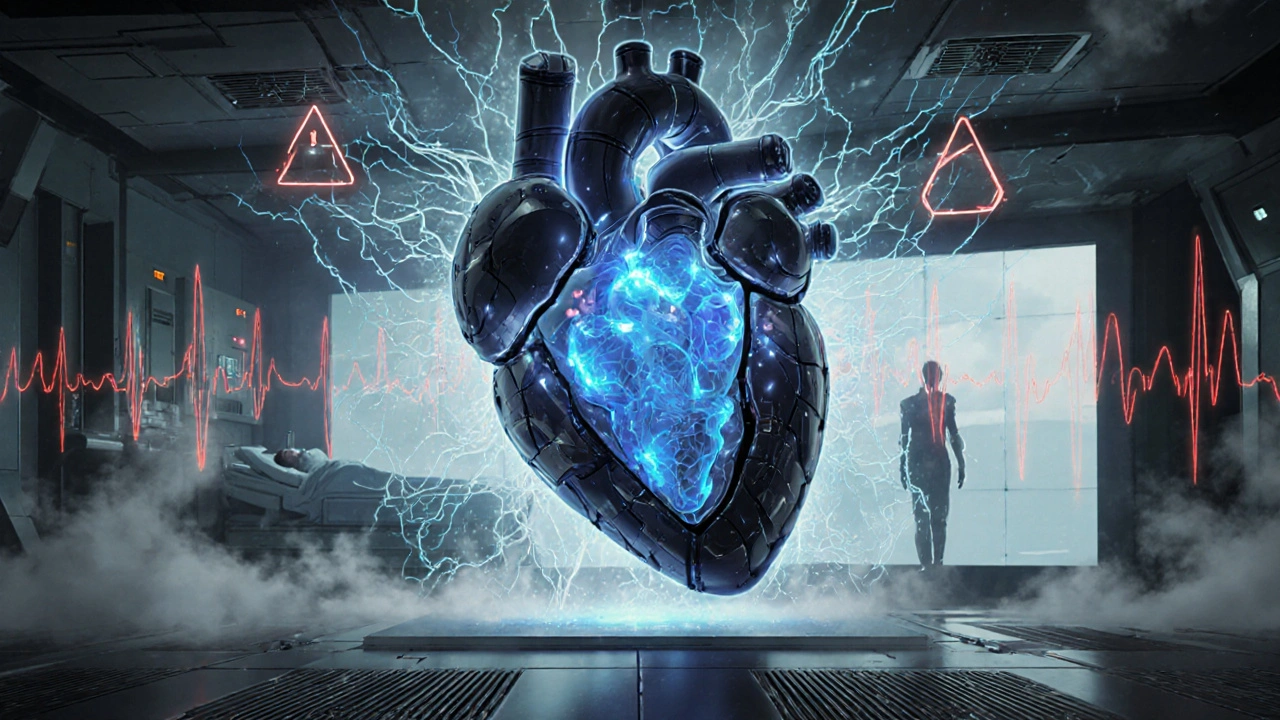Blood Thinners: What They Are, How They Work, and What Alternatives Exist
When your blood starts clotting where it shouldn’t, blood thinners, medications that reduce the risk of dangerous clots in veins and arteries. Also known as anticoagulants or antiplatelets, they don’t actually thin your blood—they stop it from clotting too fast. These drugs are life-saving for people with atrial fibrillation, deep vein thrombosis, or after heart valve replacements. But they’re not one-size-fits-all. Some block clotting factors, others stop platelets from sticking together. And not every option works the same for everyone.
There are two main types: warfarin, a long-used anticoagulant that needs regular blood tests to monitor dosing, and newer ones like apixaban or rivaroxaban, direct oral anticoagulants (DOACs) that work faster and don’t require frequent checks. Then there’s aspirin, an antiplatelet often used for mild prevention in people with heart disease. It’s cheaper and easier to get, but it’s not as strong as the others for high-risk cases. Doctors pick based on your health, age, kidney function, and even what you eat. Vitamin K in leafy greens can mess with warfarin. Grapefruit juice can interfere with some newer drugs. And if you’re on a blood thinner, even a small fall can turn serious.
People often assume blood thinners are only for older adults, but they’re used in younger people too—after surgery, with certain genetic conditions, or after a stroke. Some switch from warfarin to DOACs because they hate the weekly blood draws. Others stick with aspirin because their risk is low and they want something over-the-counter. But skipping doses, mixing with NSAIDs like ibuprofen, or drinking too much alcohol can turn these medications dangerous. The goal isn’t to stop all clotting—it’s to keep it balanced. Too much, and you bleed. Too little, and you risk a clot that could cause a heart attack or stroke.
Below, you’ll find real comparisons between blood thinners and other medications people use for heart health, clot prevention, and related conditions. You’ll see what works, what doesn’t, and what your doctor might not tell you about cost, side effects, and hidden risks. No fluff. Just what you need to understand your options and ask the right questions.
Vaccinations on Blood Thinners: How to Avoid Bruising and Bleeding
Vaccinations are safe for people on blood thinners if proper technique is used. Learn how to avoid bruising and bleeding with the right needle, pressure, and timing.
Heparin Sodium and Mental Health: How Anticoagulation May Influence Mood and Cognitive Function
Heparin sodium is used to prevent blood clots, but new research shows it may also affect mood and memory. Learn how anticoagulation connects to mental health and who should watch for side effects.

